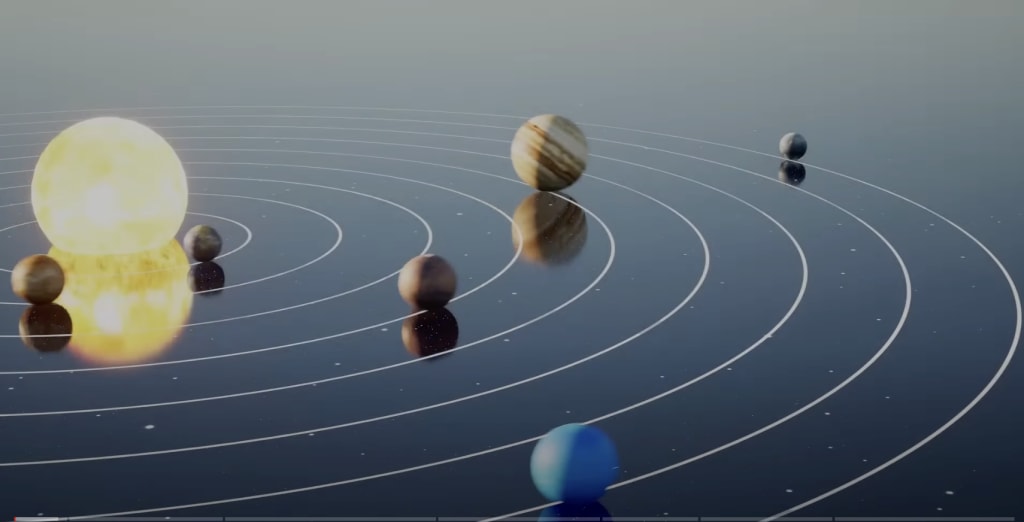
The human brain is one of the smartest on the planet. But there are some things we just can’t wrap our minds around. One of those is the paradox. We’ve evolved to think of reality in a specific way, but there are paradoxes out there that suggest reality doesn’t work the way we think it does. And now some physicists think they have solved a 50-year-old paradox...but have they?
And what are the other strangest paradoxes? Get ready to find out!
[Fermi Paradox]
A lot of you are probably familiar with the Fermi paradox. Named after Italian physicist Enrico Fermi, who is famous for creating the first nuclear reactor, this paradox seeks to answer the question: Where are the aliens? Given that our star and Earth are part of a fairly young planetary system compared to the rest of the universe, and that it’s possible for a civilization to achieve interstellar travel during this time, it seems we should have been visited by some form of extra-terrestrial intelligence by now. Now some say it’s not a real paradox because we can only guess that there is intelligent life out there. But the Drake Equation is used in this so-called paradox to estimate the number of possible civilizations in our galaxy. The Drake Equation uses seven variables to estimate the number of detectable civilizations in the Milky Way. This gave us an idea that there could be millions of Earth-like worlds with civilizations out there. But this was back in 1961, and no one knew of any worlds orbiting stars other than our own. It was only recently that we got a good idea. In 2020, astronomers using data from the Kepler Space Telescope found there are more than 300 million worlds with similar conditions to Earth scattered throughout the Milky Way. The analysis concluded that roughly half of the galaxy’s sun-like stars host rocky planets in habitable zones where liquid water could be on the surface. In fact, planets are extremely common and outnumber all the stars in our galaxy. And very soon, the James Webb Space Telescope will be headed into space to look for new potentially habitable worlds. We’ll have a new video on that soon! So make sure to stay tuned here! Now that we know how many worlds there are, and how many possibilities there could be advanced civilizations, the question remains. Why is the universe silent? Maybe we’re about to find out soon as technology advances, or perhaps we've already been visited by some far-away civilization, and just don’t know it yet. There have been many unexplained UFO sightings recently, and some believe extraterrestrials are already here. Solid proof of that would put an end to this paradox.
[The Bootstrap Paradox]
The Bootstrap Paradox is a paradox of time travel that questions how something that is taken from the future and placed in the past could ever come into existence in the first place. It’s a common theme used by writers, inspiring plotlines in many science fiction films; such as the Bill and Ted movies, Terminator, and Doctor Who. So let’s look at one of the examples of this paradox. Imagine that you are a time traveler, but before you go on an excellent adventure, you go into a bookstore and buy a copy of Hamlet, written by Shakespeare. You then travel back in time to London during the Elizabethan Era, and give the book to Shakespeare. William S. then copies the book and claims it as his own work. Centuries go by, and during this time, Hamlet is printed and reproduced countless times until a copy of it ends up back in the same bookstore that you bought it from. The question then becomes: Who wrote Hamlet? By the way, for those who missed our video on parallel universes, check out the link in the description
About the Creator
Enjoyed the story? Support the Creator.
Subscribe for free to receive all their stories in your feed. You could also pledge your support or give them a one-off tip, letting them know you appreciate their work.





Comments
There are no comments for this story
Be the first to respond and start the conversation.